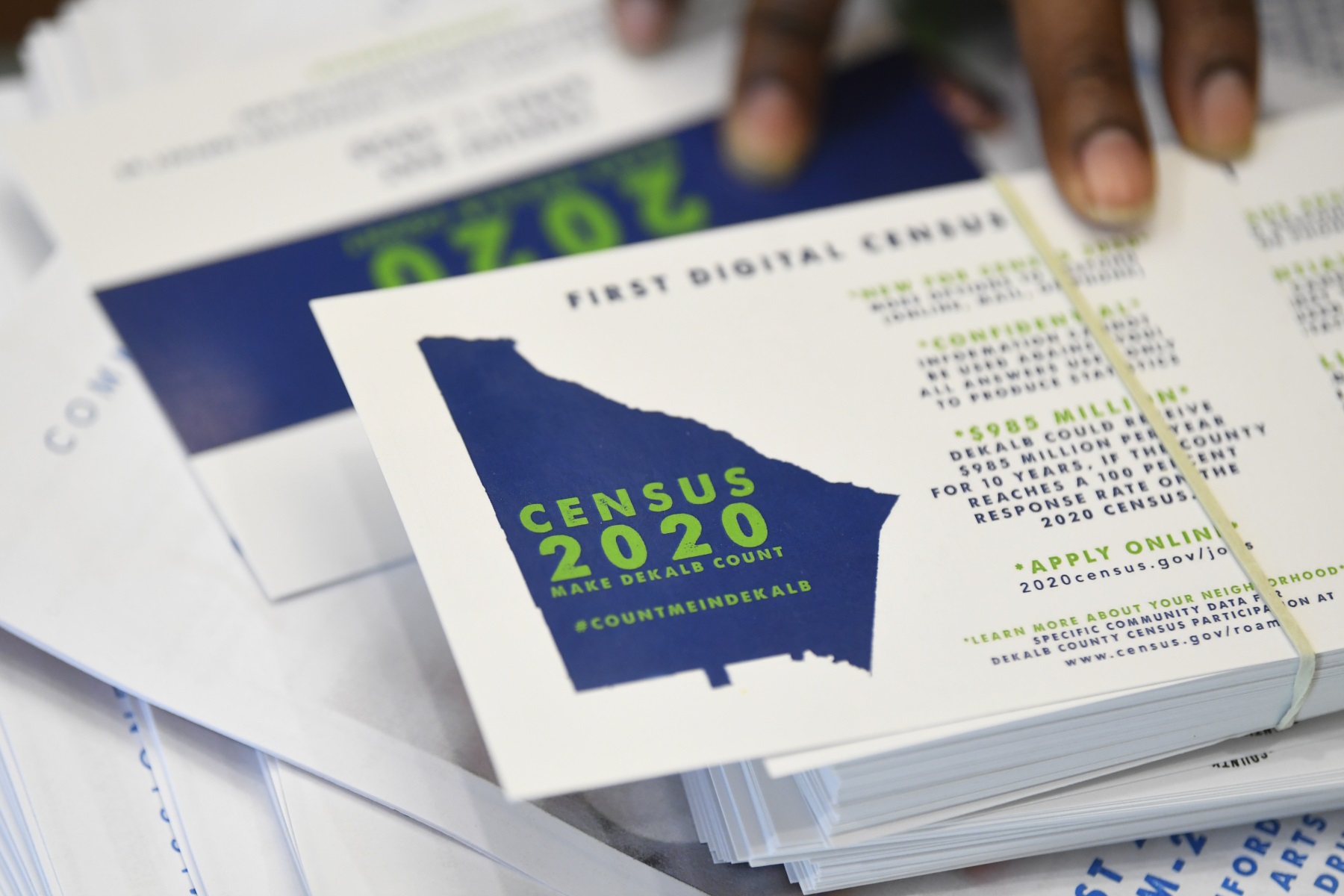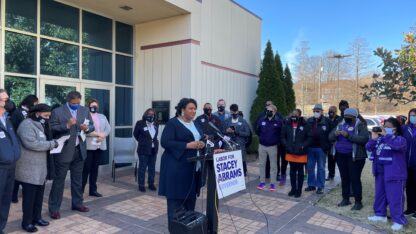The census determines more than $1.5 trillion a year in federal money. That’s according to a new report from George Washington University.
The census, conducted every 10 years, counts every person living in the United States. And an accurate count can get Georgia its share of that capital.
The money goes to state and local governments, nonprofits and businesses. It funds programs such as student loans, Medicaid and Head Start.
According to the Urban Institute, Georgia is one of the states most at risk of a miscount. The institute estimates that up to 177,000 Georgians could be miscounted in 2020.
Georgia has set aside $1.5 million for outreach for next year’s census. The state’s Complete Count Committee is in charge of outreach in the state.
Local governments that have also created Complete Count Committees including Gwinnett County, Clarkston and the city of Atlanta. These areas also have a significant population that lives in hard-to-count areas, according to the CUNY Mapping Service’s hard to count map.
The map considers a census tract hard to count if 73% or less of households mailed back their questionnaire to the Census Bureau in 2010.
For example, about one-third of Gwinnett County’s population lives in hard-to-count areas. Those areas include parts of Norcross, Lilburn and Lawrenceville.
DeKalb County cities that are hard to count include parts of Chamblee, Doraville and Clarkston.
And in Atlanta, hard-to-count sections include parts of Vine City, Peoplestown and Castleberry Hill.
U.S. Congressman Hank Johnson has also created a Complete Count Committee. Johnson’s district includes parts of DeKalb, Gwinnett and Newton counties. It also includes Rockdale County.
Populations difficult to count include non-English-speaking residents, renters and children under age 5.
According to the George Washington University Institute of Public Policy, in 2016, Georgia received about $23 billion for dozens of federal programs.









